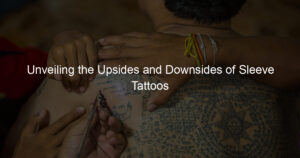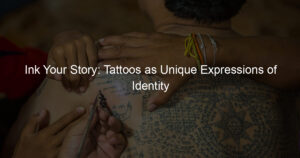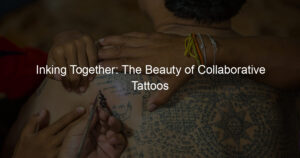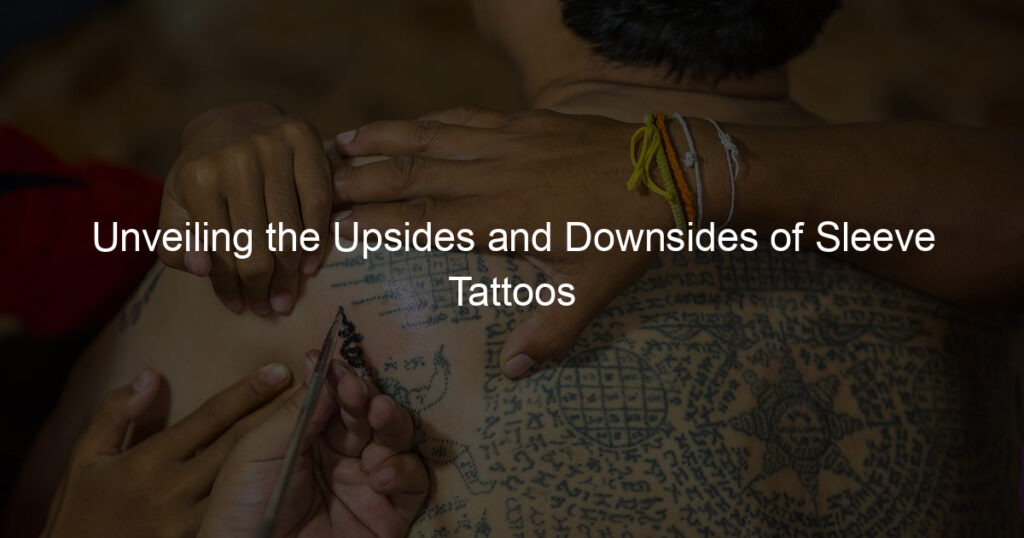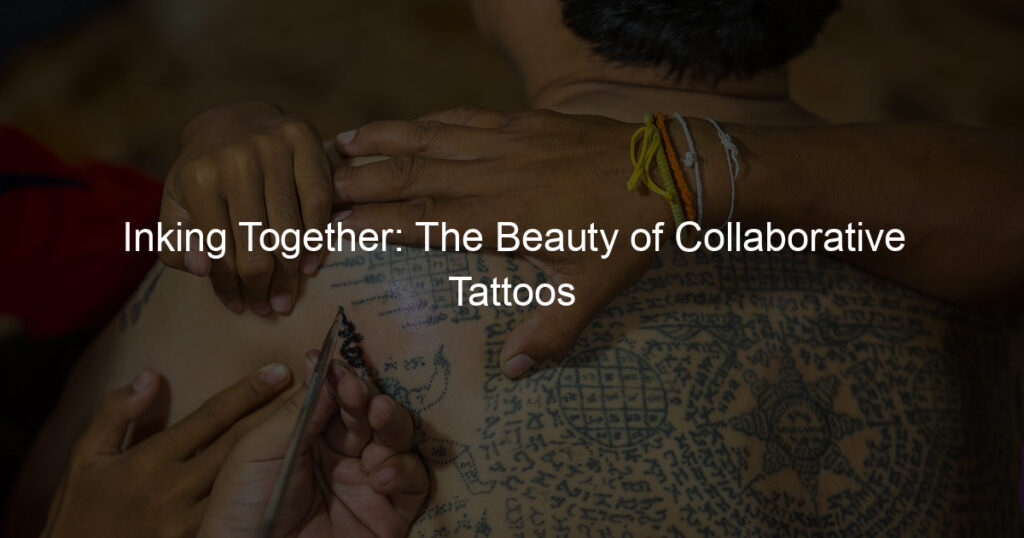Tattooing is a kind of body modification that consists of making a permanent mark on the skin by sewing the flesh with a needle and then inserting indelible ink through these incisions and sores.
Tattooing on one’s body is seen as a form of physical alteration and adornment. However, it is more prevalent in animals and is used to identify or identify the animal’s owner.
Keep reading to find out what the Quran says about tattoos.
Are Tattoos Haram According To The Quran?
‘Abd-Allaah ibn Mas’ood narrated: “May Allah condemn the ladies who apply tattoos and those for whom they are used, those who trim their eyebrows and those who reshape their teeth for beautifying and altering Allah’s creation.
” (Muslim, al-Libaas, 5538; al-Bukhaari, al-Libaas, 5587)
What did the prophet say about tattoos? Abu Juhayfah (may have mercy on him) reported that the Prophet cursed the tattoo artist, the tattooee, the consumer of riba, and the payer of riba.
He also forbade the fee of a dog and the income of a prostitute, and he condemned the image-makers (According to al-Bukhaari, 5032).
Are Tattoos Haram?
Tattooing is forbidden in all of its forms, regardless of whether or not it induces pain. It is because tattoos include the alteration of Allah’s handiwork, and the Prophet cursed both the tattoo artist and the person who obtains a tattoo for this simple fact.
Changing Allah’s Original Creation
A verse in the Qur’an states that Allah accepted Satan’s (Shaytan’s) challenge to mislead humankind when he requested Him to do so. ‘Changing Allah’s creation’ is among the tactics he has detailed by which he would deceive us and condemn us to the flames of hell, he claims.
The phrase in the Qur’an is contained in verses 118 to 121 of the ‘Section of Women’ (Surah An-Nisa) chapter.
As per a hadith attributed to the Prophet, one of the ways to alter Allah’s handiwork is to alter Allah’s creation itself, based on the Prophet, having a tattoo is equivalent to modifying Allah’s creation. And despised the women who accomplished this task while also perpetrating it on others.
Experience Pain and the Potential for Infection
Tattooing is a practice whereby a needle coated in ink is inserted into the flesh. This procedure leads to unnecessary self-inflicted agony and voluntary torment by another individual.
When the tip punctures the skin, there is also a considerable risk of infection. It is conceivable for foreign organisms to invade the body, causing skin disorders and infections.
Well-known health professionals at the Mayo Clinic feel that tattooing has the risk of causing a range of illnesses and side effects. Future concerns include skin infections, allergies, inflammation, bloodborne diseases, and MRI complications.
Deception That Endures for a Lifetime
Dishonesty in one’s words, behavior, or appearance is a significant concern. In Islam, deceit is regarded as one of the gravest sins. A Muslim’s words, actions, and physical appearance are always reliable and truthful despite the circumstances.
The Prophet (peace and blessings be upon him) prohibited you from misleading others with your appearance. The hadith of the Prophet provides an example of this.
Based on the Prophet, it was forbidden for anyone to dye their hair black. It is because this is a kind of deception focused on appearances.
Imagine an old guy with gray hair who intends to dye his hair black to impress a younger wife. However, he deceives everyone (including the young woman) into thinking that he is much younger than he is.
What Does Quran Say About Piercings?
There is absolutely nothing bad with a lady – whose parents previously performed certain piercings on her skin or who performed it to herself as a grownup, before or after she became Muslim – utilizing these piercings to wear silver or gold or other decorative items, but this is restricted on two crucial conditions:
- That woman should not reveal this ornament to non-mahrams and can only show it to mahrams or their husband if it is permitted, like the nose and ear, for instance.
- Her use of ornaments in these locations shouldn’t be an emulation of the kuffar or immoral individuals. If there is a popular norm in certain civilizations for women to wear jewelry with the belly button, there isn’t anything improper with utilizing this type of jewelry. However, if it is solely known among immoral women and kuffar, it is not authorized to embrace this behavior since doing so would be copying them, which is forbidden.
Conclusion
No tattoos are permitted on the hands, face, or anywhere else, neither on men nor women. Since the Prophet, blessings, and peace be upon him, condemned the tattoo artist and the tattooed one, it is vital to be aware of this and to avoid returning to it.
It is the responsibility of the person who has done this to leave it, seek God’s pardon, and confess and repent to Him for what has transpired.


